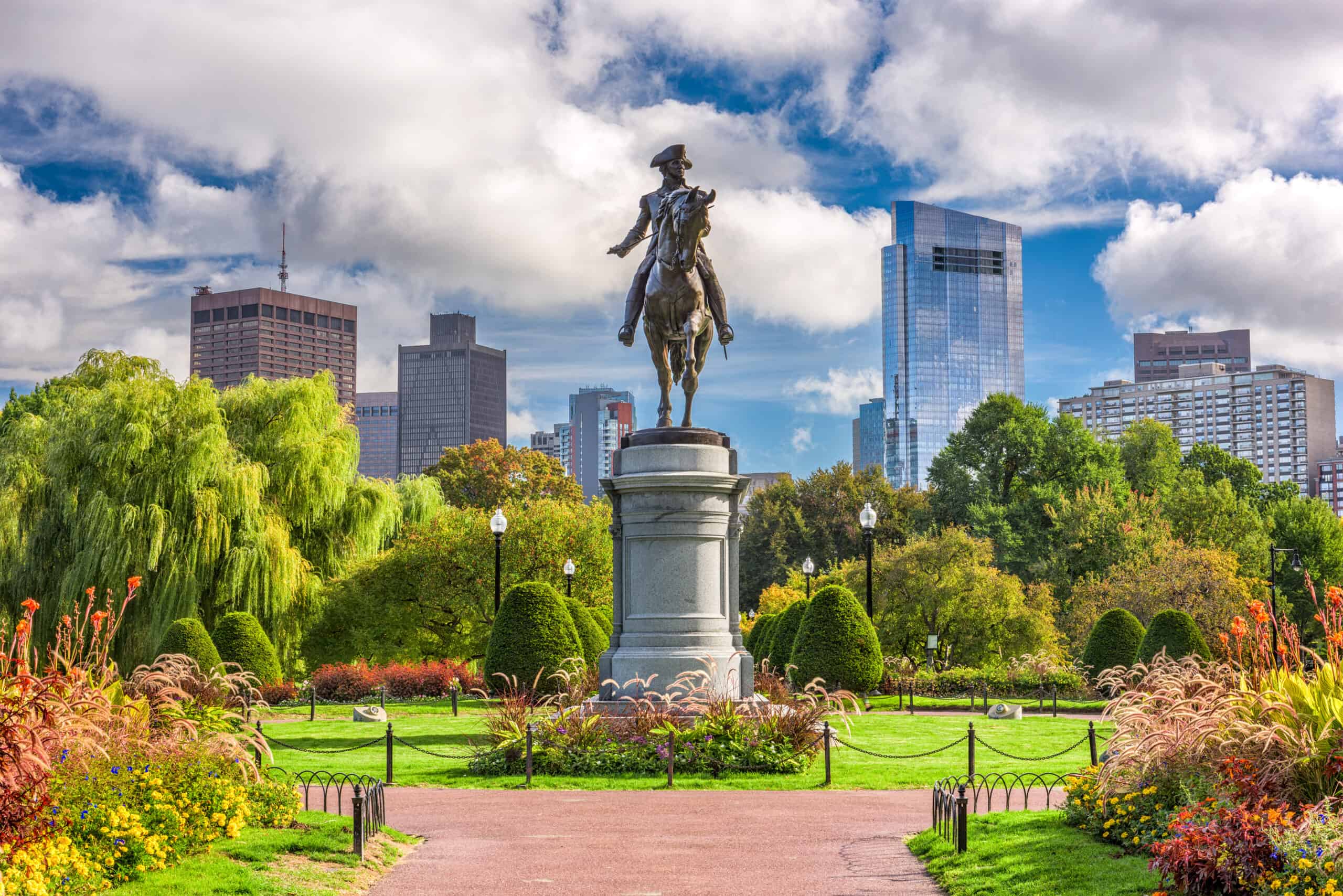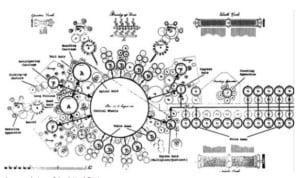As you look back on history, there are a strong number of stories all about military leaders who defied the odds and did the impossible. Whether it was through tactical brilliance or sheer force of will, these influential military leaders have left a mark on history.
Not only did their accomplishments alter the course of the world, but their tactics and strategies continue to be studied. It’s with this in mind that we can look back at 10 influential military leaders who did something that truly changed the course of humanity.
Alexander the Great
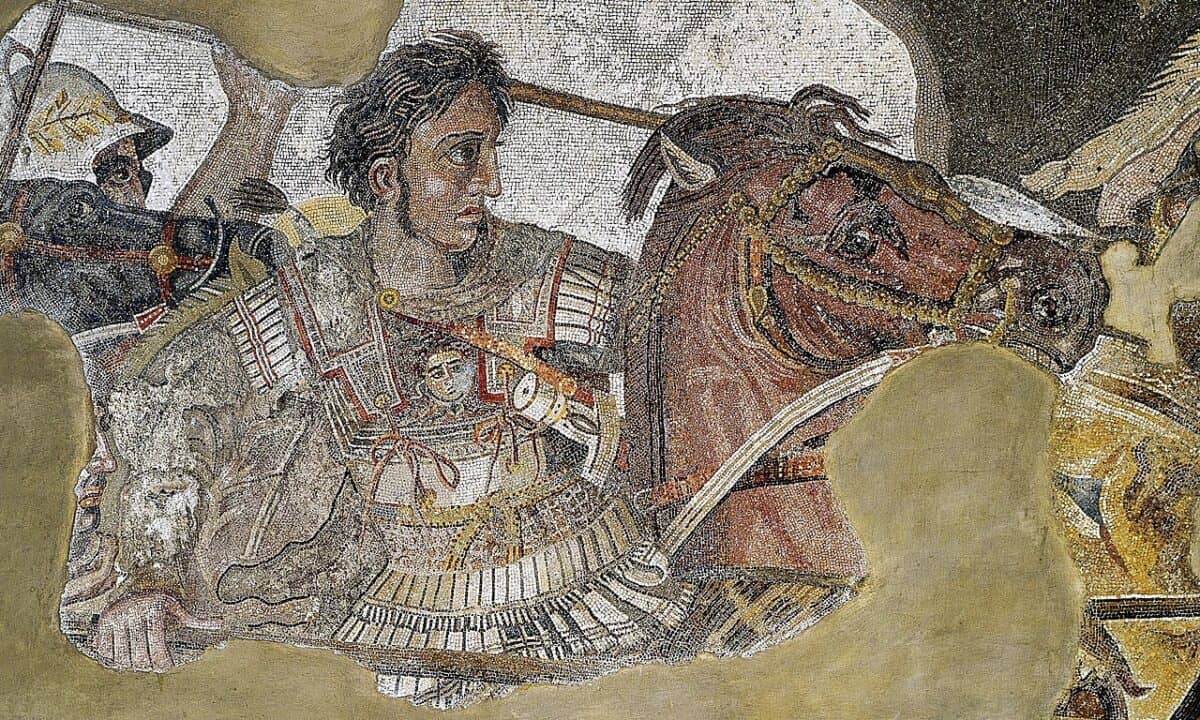
©The Guardian/Public Domain - License
Born in 356 B.C., Alexander the Great accomplished a lot in his 32 years. Although he was only the King of Macedonia for 13 years, he changed the course of history. Creating a vast empire, Alexander the Great ruled lands from Macedonia to Egypt, Greece, and India. This allowed for the spread of the Hellenistic culture that gave rise to mathematics, science, and art.
Julius Caesar
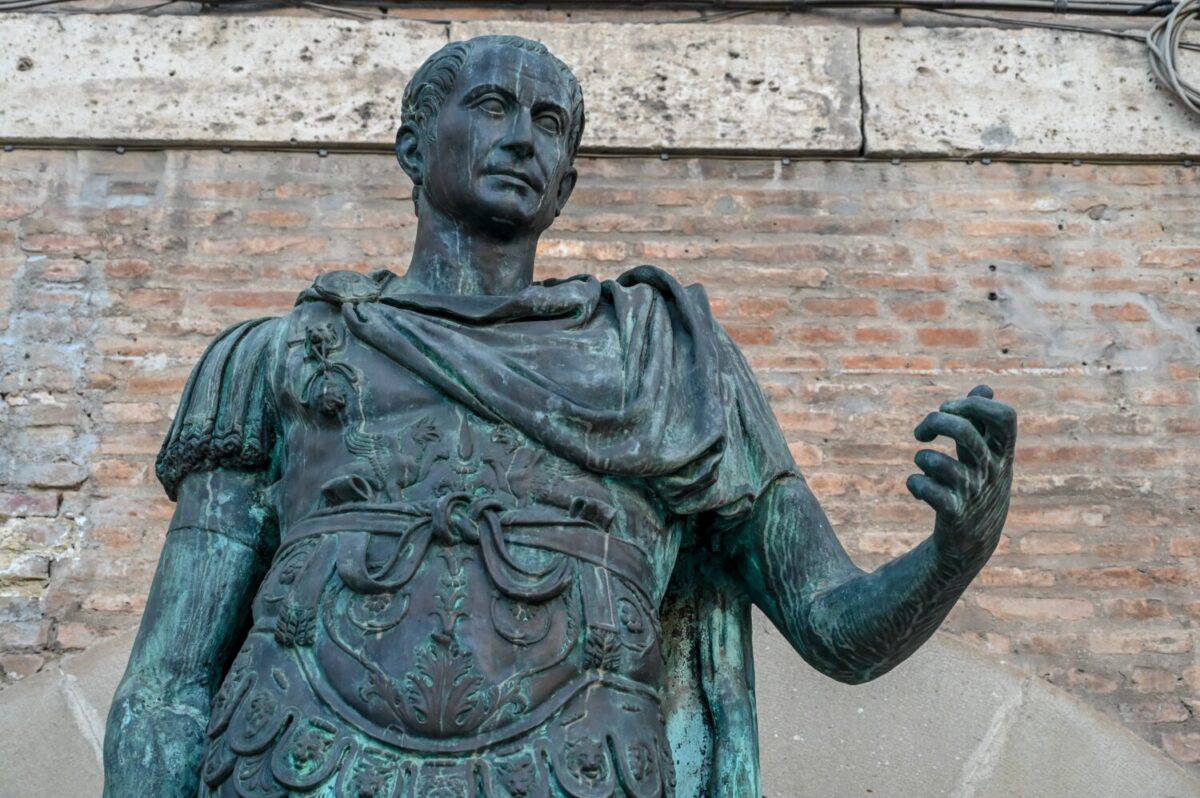
©Ajdin Kamber/Shutterstock.com
One of the best-known military leaders in history, Julius Caesar was a renowned military general. While he had many military pursuits, Caesar’s assassination truly changed history. Caesar’s death allowed his heir, Augustus, to emerge as Rome’s supreme leader and establish the Roman Empire, which lasted for 500 years.
Ghengis Khan
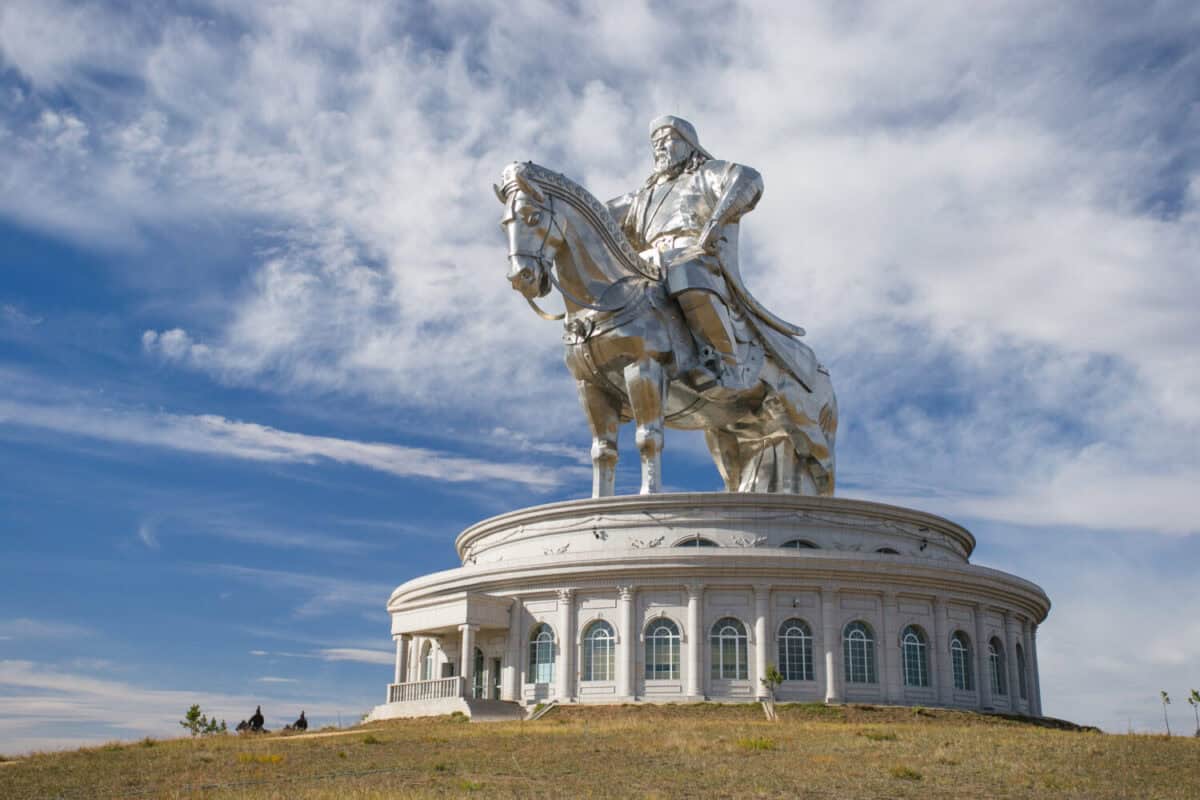
©Strelyuk/Shutterstock.com
The legacy of Ghengis Khan is a complicated one. As a brilliant military leader and ruler, he granted religious freedom to his subjects as well as encouraged trade with the Silk Road. Khan also implemented a meritocratic system which still holds today that promotes individuals based on ability rather than birthright. Khan also introduced the military concept of mounted archers and siege warfare.
Sun Tzu
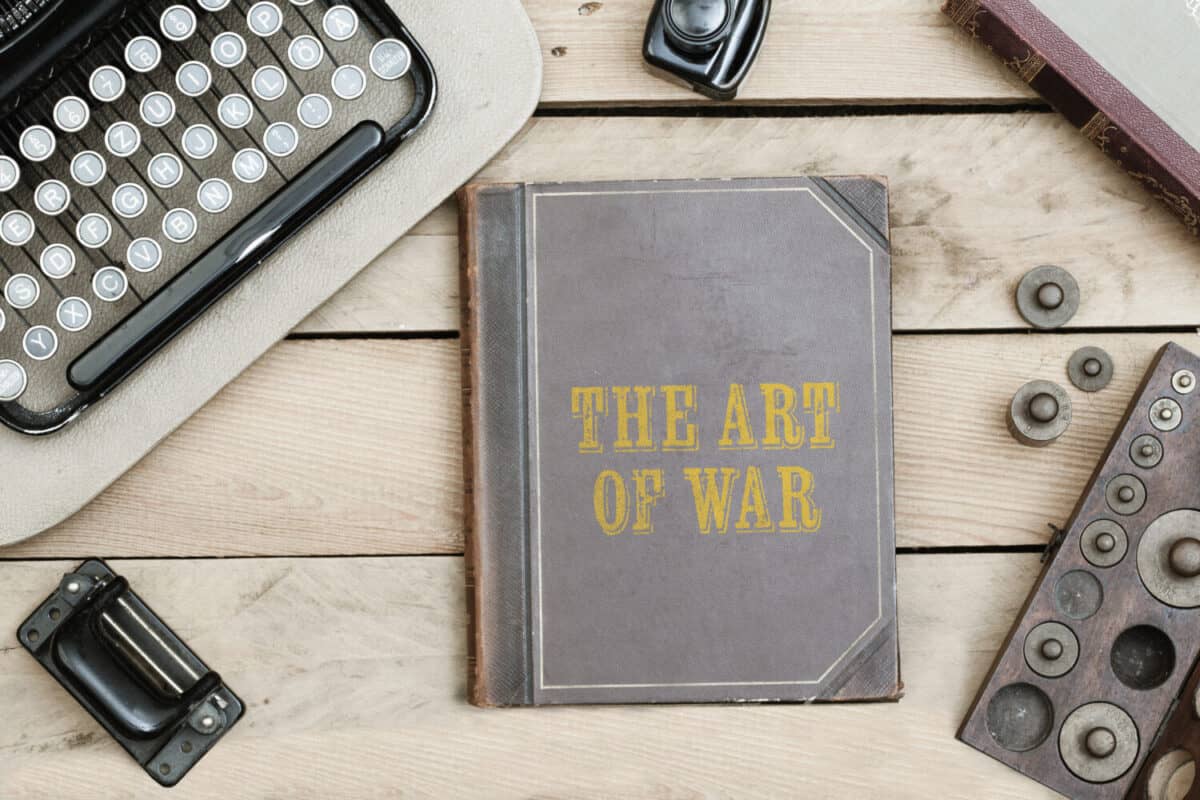
©MichaelJayBerlin/Shutterstock.com
Best known for his book, The Art of War, Sun Tzu was a brilliant military leader. Living between 544 B.C. and 496 B.C., Sun Tzu’s tactics became the basis for his book after multiple military accomplishments in China. His book is still considered one of the best references for military planning and psychological warfare.
Napoleon Bonaparte
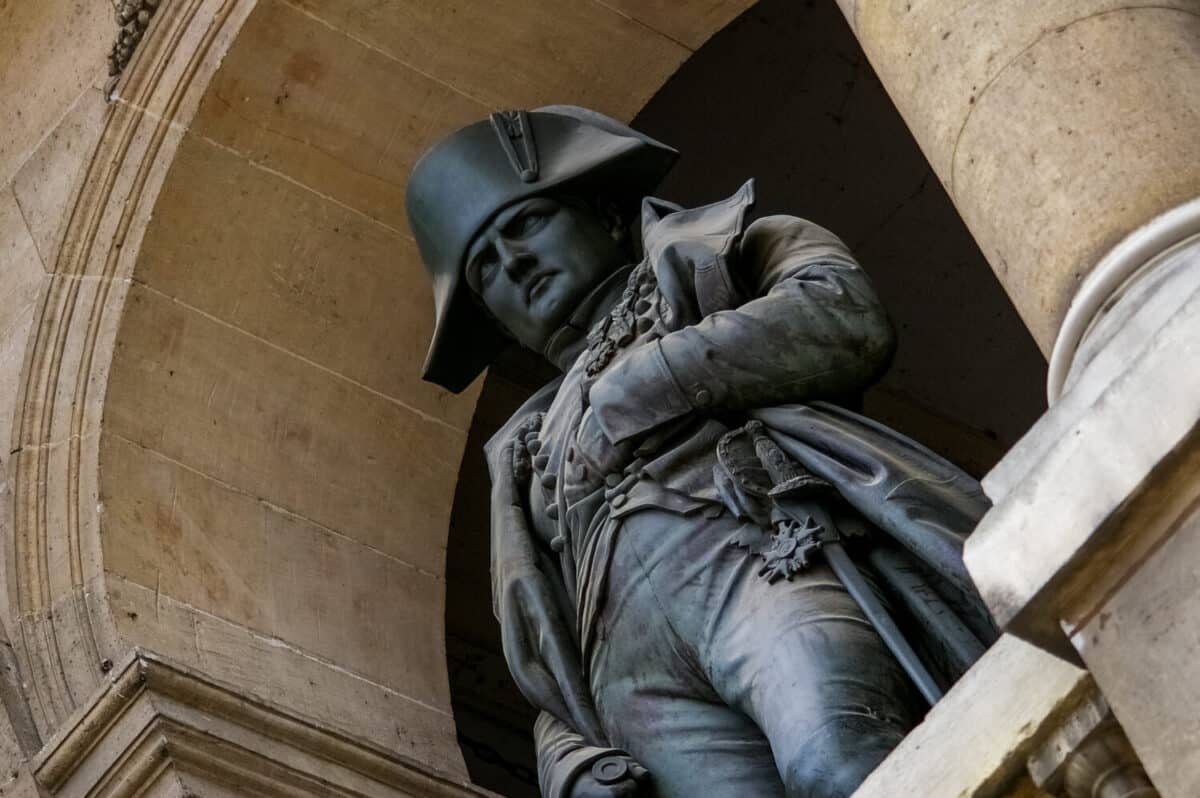
©Matthew Leigh/Shutterstock.com
One of the most revered military leaders in history, Napoleon Bonaparte left a lasting impact on the world. Along with his military genius, he created the Napoleonic Code, a civil law system that helped standardize laws across France and other parts of Europe. This code is still in use as part of many Western legal systems. Napoleon’s sale of Louisiana to the United States also doubled the size of the country almost overnight.
Admiral Horatio Nelson
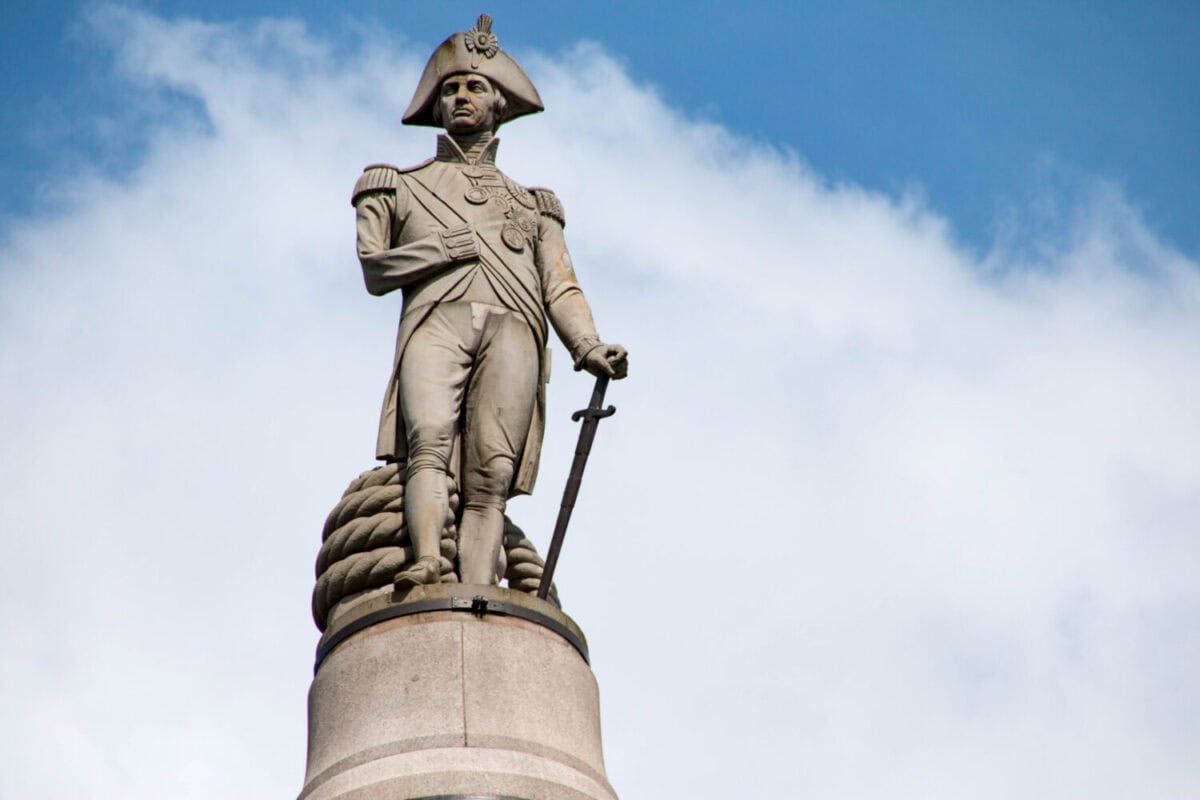
©evenfh/Shutterstock.com
One of Napoleon’s biggest adversaries, Admiral Horatio Nelson was a British admiral who ended France’s naval power. Nelson’s victories against France allowed for the expansion of the royal navy and the continued expansion of the British Empire. Ultimately, Nelson will be best remembered for helping put a stop to Napoleon’s conquests to capture all of Europe.
Hernan Cortes
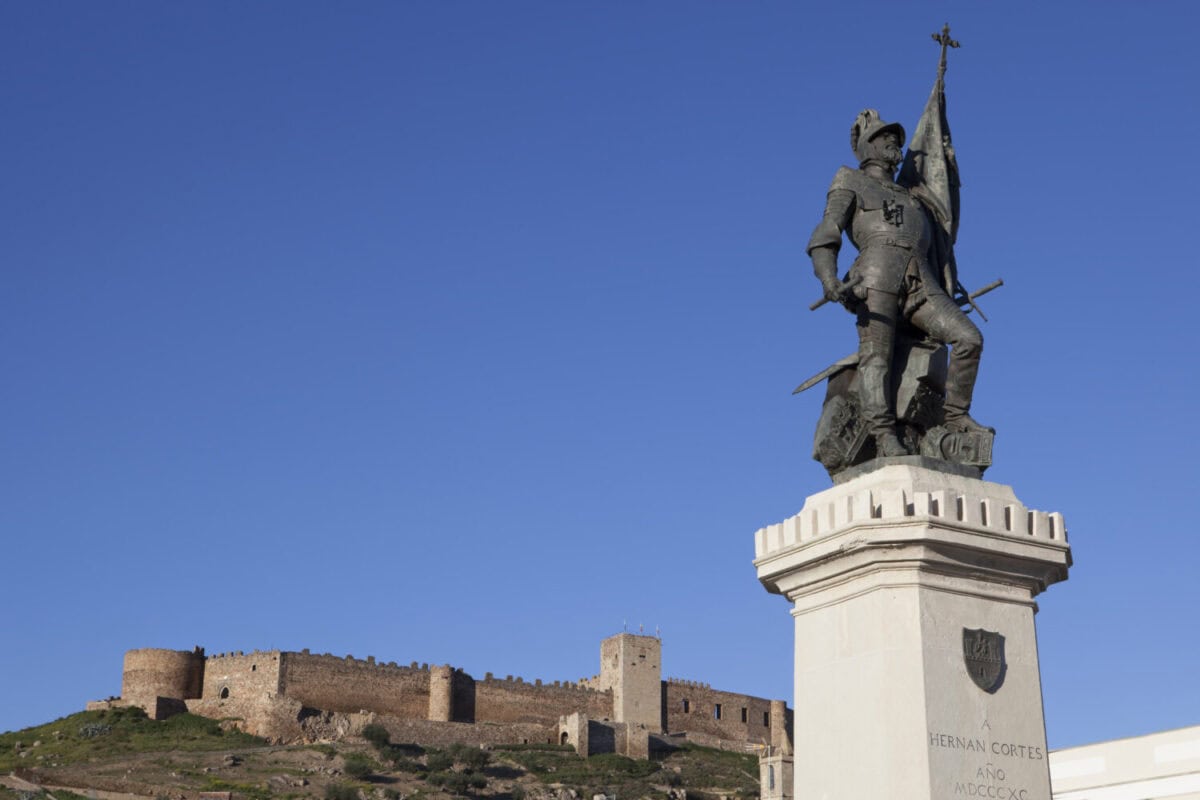
©WH_Pics/Shutterstock.com
The military influence of Hernan Cortes is indisputable, though controversial. In 1521, Cortes was able to defeat the mighty Aztec Empire, which allowed for the Spanish colonization of many parts of Central and South America. While Cortes is hardly worth celebrating for his brutality, his military influence on shaping both the Americas and Europe cannot be understated.
George Washington
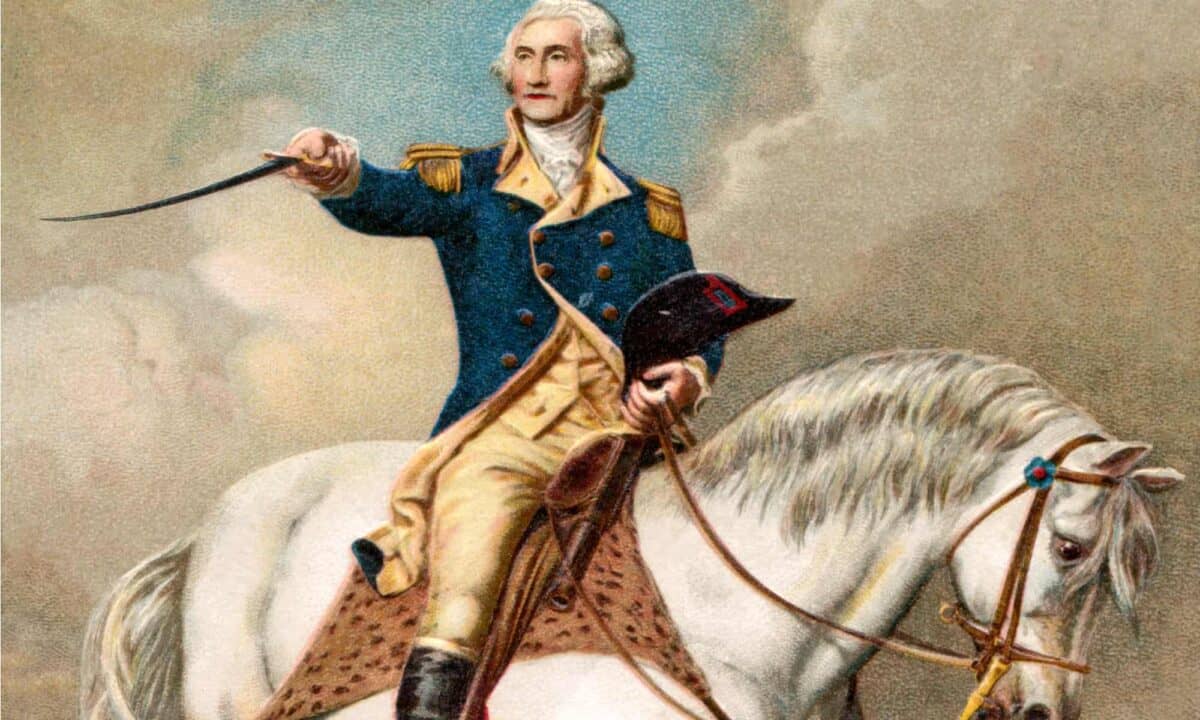
©Victorian Traditions/Shutterstock.com
There would not be an America today if it were not for George Washington. A reluctant military leader, Washington was inexperienced in leading large armies. However, Washington’s inexperience would turn into his greatest weapon as the British weren’t used to fighting opponents in this manner. Ultimately, Washington’s defeat of the British gave birth to the United States.
Hannibal
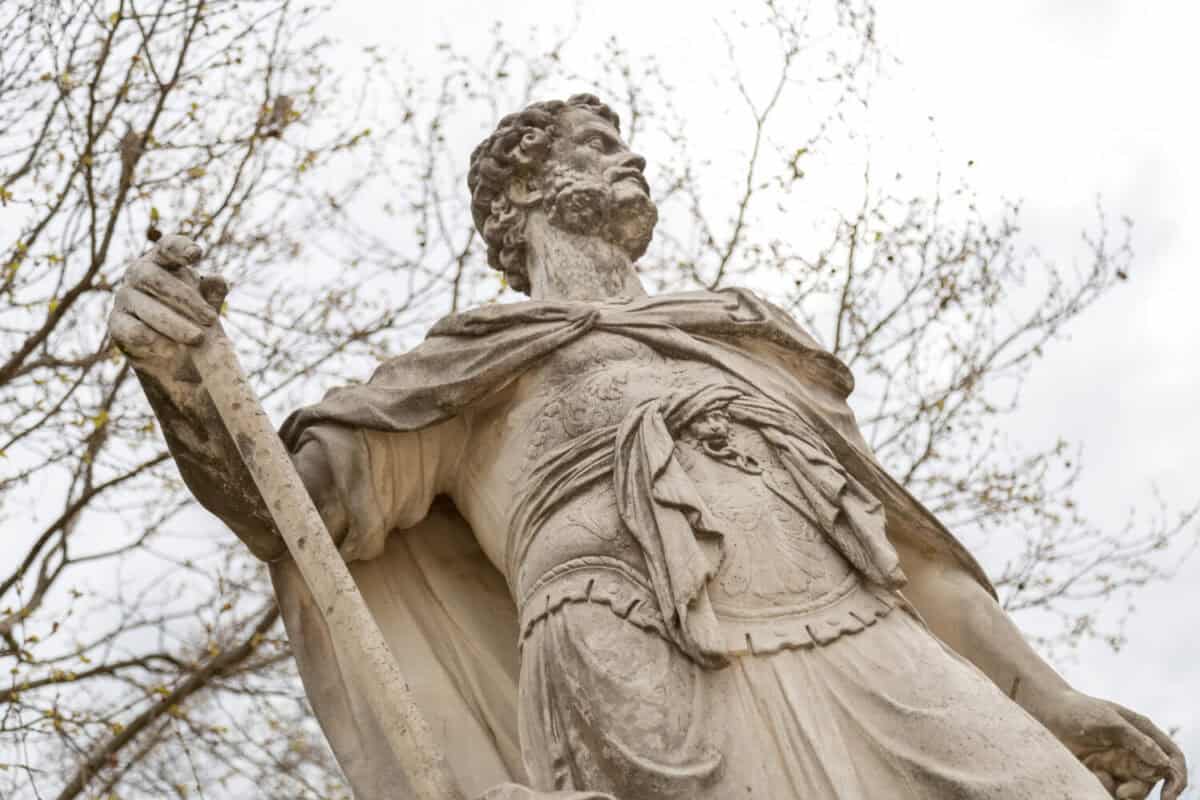
©Gilmanshin/Shutterstock.com
Best known as Hannibal Barca, a Carthaginian general, Barca played a significant role in history. Renowned as a military strategist, Hannibal directly challenged the Roman Empire. While Hannibal was ultimately defeated, his tactics changed how military leaders would think for centuries to come. Hannibal’s strategies would also go on to influence the tactics of figures like Napoleon.
Scipio Africanus
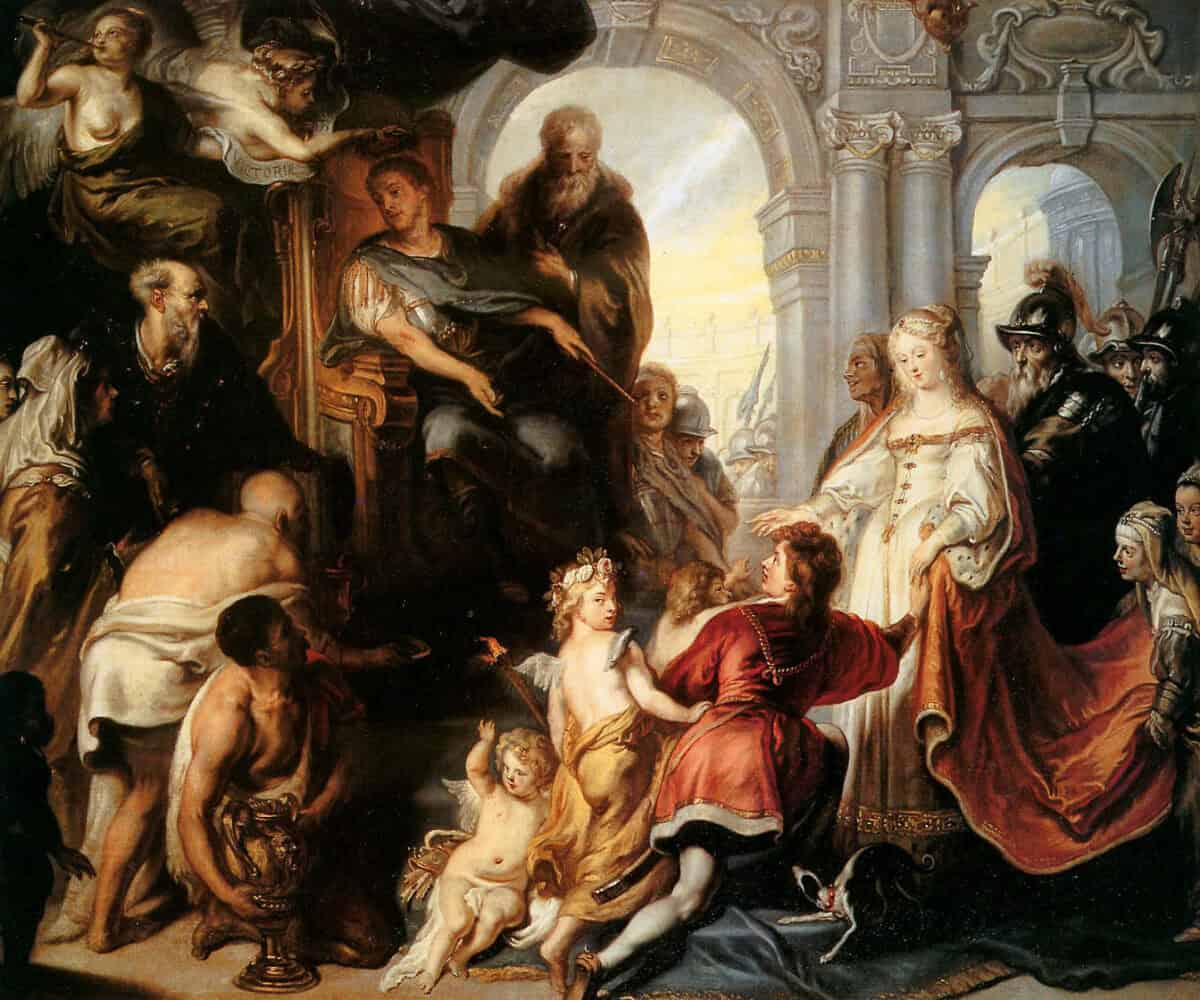
©ergsart / Flickr - License
Hannibal’s greatest adversary, Scipio Africanus will be forever remembered for defeating Hannibal’s Carthage army. As a result, Scipio Africanus was able to stop the threat to the Roman Empire and reconquer many lost lands. The resulting campaigns restored Rome’s power around the Mediterranean and changed the course of both European and North African history for hundreds of years.
The image featured at the top of this post is ©Sean Pavone/Shutterstock.com.
